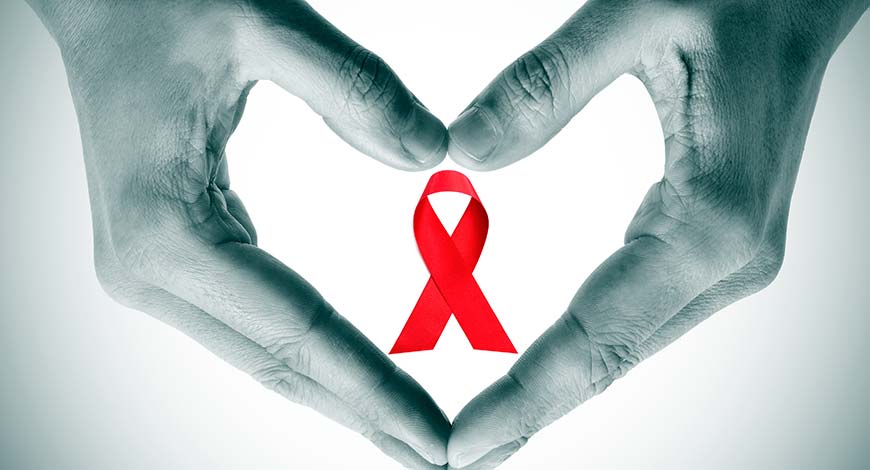The Indian Pharmaceutical Alliance, a platform of leading Indian pharma companies, is seeing hope with government, regulators and industry aligning on new imperatives to ensure better drug quality.

The case of contaminated cough syrups that resulted in the death of children in Gambia and Uzbekistan was a sure jolt for the Indian Pharma industry, one of the key exporters globally. In a matter of 7 months inspection led to three red flags globally for India. In response to this the government cancelled the licences of 18 pharmaceutical companies. But is it too little too late? Well, the Indian Pharmaceutical Alliance said that concerted efforts are being taken by all stakeholders for making India the global benchmark in quality.
Lack of processes and proper SOPs are some of the concern areas responsible for the lapses. According to Sudarshan Jain, Secretary General, IPA (Indian Pharmaceutical Alliance) government, regulators and industry are working hand in hand to set processes in place and the focus areas include “capability building – Course curriculum upgradation, tap talent adept in both life sciences and technology skills along with continuous investment in talent learning and development.”
McKinsey & Company believes that the bar on quality continues to evolve and issues which were earlier raised are being resolved now. According to the USFDA inspections data for Drug Quality Assurance (after removing biopharma and bioresearch monitoring inspections), the Indian pharma industry showed significant improvement in outcomes between 2014 to 2018 with OAI reducing to 8 per cent from 27 per cent. This was followed by a period of temporary spike in 2022, when there were about 38 per cent instances of OAIs. “This is in line with the global OAIs which also increased to 25 per cent. Discounting the anomalous results from 2022, Indian companies have been consistently registering a single digit (6-8%) in terms of percentage of OAIs from inspections, which is close to global outcomes of 8%,” said Vikas Bhadoria, Senior Partner, McKinsey & Company.
Jain highlighted the need for strengthening the overall drug regulatory systems and pointed out that it is important that we start, “Building trust and transparency on quality of drugs, ensuring purity, safety and efficacy till the last mile and unified IT platforms that can help streamline Central and State Regulators.” Investment in facilities and systems “to leverage advanced technology and implementation of Revised Schedule M and moving towards PIC(s)/ICH membership,” are the other priority areas for IPA.
In its journey towards achieving quality across the Indian pharmaceutical industry, the IPA is looking at a holistic approach for the industry. Its initiatives include, knowledge development with over 15 technical documents and more than 90 members to build knowledge on key concern areas. It is also focussing on capability building. At the moment Jain said, IPA has held, “20+ events with 3000+ participants to facilitate cross-functional industry and industry-regulator interactions.”
According to McKinsey, there is room for improvement on quality. In that context, Bhadoria pointed out that there are three areas that the industry can focus on, “Quality as a culture could be imbibed across the value chain and across the verticals. At-scale capability building in both life sciences and technology skills will be critical especially with the rising adoption of digital & automation in the industry. Moreover, embedding environmental sustainability is an area organisations are thinking about to de-risk the overall business and move towards a ‘greener’ footprint.”
Collaboration is another area of focus for IPA, pointed out Jain. “We have active engagements with WHO, IGBA, AAM, PDA and USP on capability-building initiatives and developing cGMP modules. Industry-academia collaboration with PCI for teachers’ training and course upgradation,” is also being looked into.













